The intersection of sports and human rights presents a unique opportunity to foster values like fairness, equality, and justice. Sports not only entertain but also teach important life lessons, such as playing by the rules and respecting opponents. These principles form the foundation for making sports a safe, inclusive, and equitable environment for everyone, thereby advancing human rights standards worldwide.
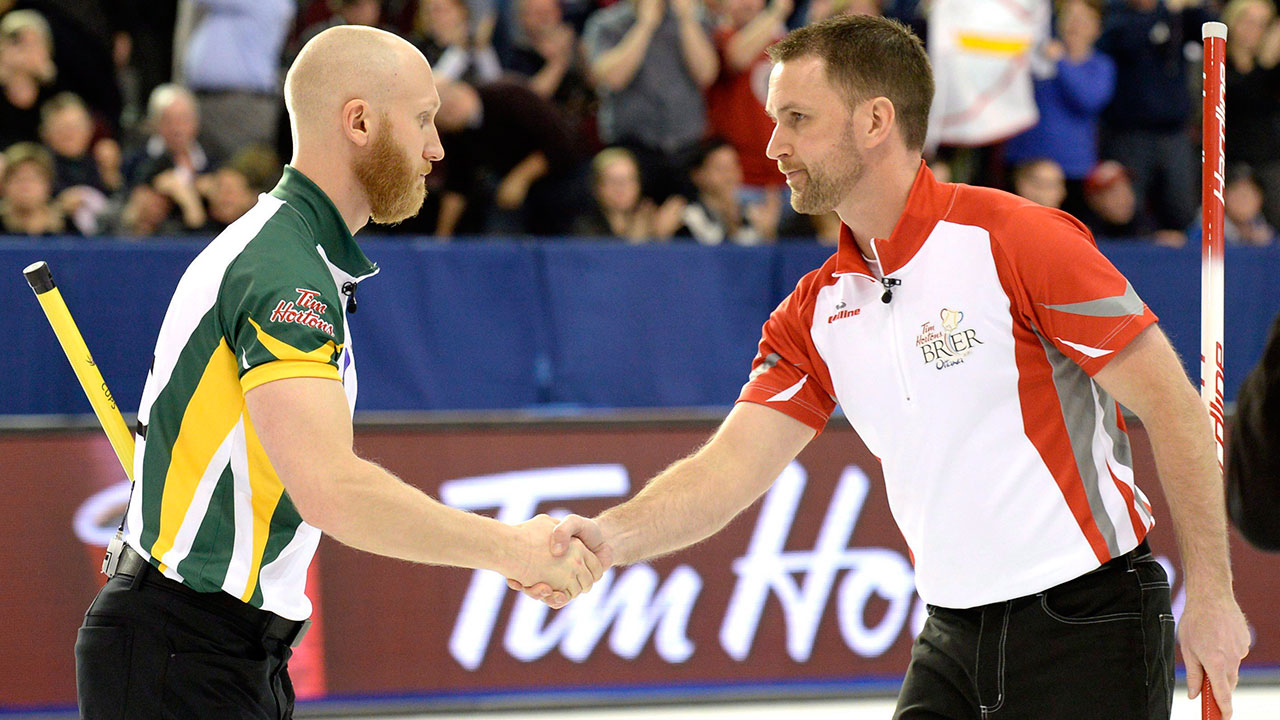
To commemorate the 75th anniversary of the Universal Declaration for Human Rights (UDHR), the Centre for Sport and Human Rights has launched ‘The 75’ campaign. This initiative aims to harness the influence of athletes from around the world. Over the course of 75 days leading up to Human Rights Day on December 10, 75 athletes will share their personal perspectives on why human rights are essential, using social media as a platform.
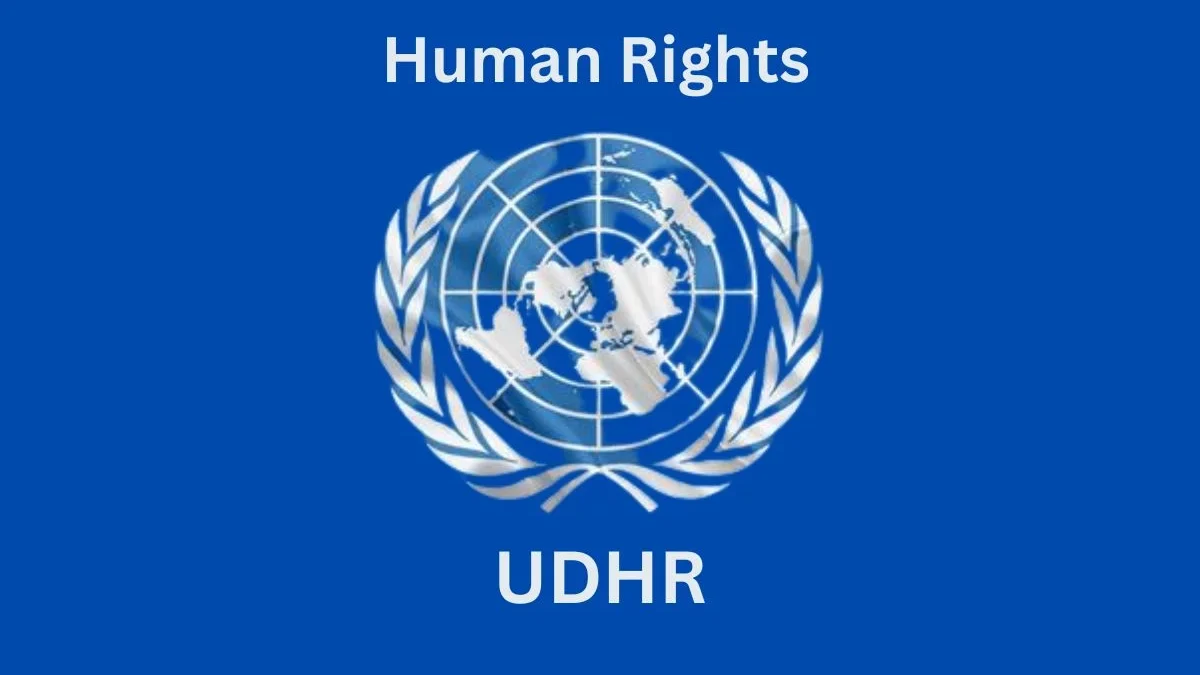
It’s crucial to dispel the notion that sports are somehow separate from society. In fact, sports and human rights are closely intertwined. Recent mega-sporting events have faced intense international scrutiny due to various human rights issues. For example, China faced allegations of using the 2022 Olympic Winter and Paralympic Games in Beijing to “Sportswash” its actions against Uyghur Muslims, while Iran imposed discriminatory bans on female spectators and journalists attending sports matches.
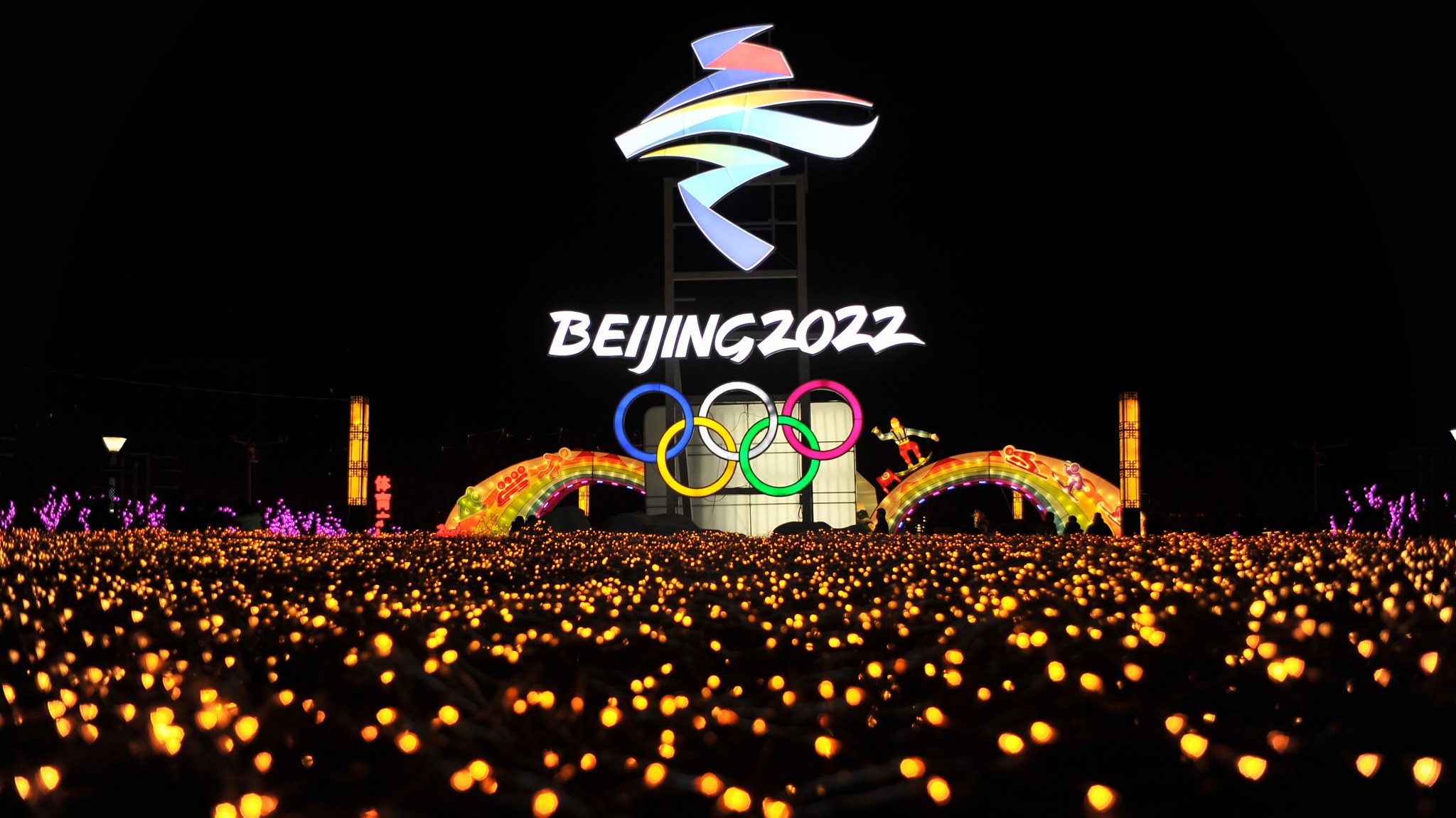
Efforts are underway to integrate human rights standards into the fabric of sports, from policies and processes to operations. One significant focus is on promoting gender equality within the sports industry. Athletes participating in the 2023 FIFA Women’s World Cup, for instance, championed gender equality through initiatives like wearing armbands with slogans like “Unite for Gender Equality” and “Unite to End Violence Against Women.”
Additionally, major sporting events are being leveraged to spotlight issues related to Indigenous communities and their representation. Indigenous peoples in Australia and New Zealand were invited to host welcome ceremonies during the FIFA Women’s World Cup, and Indigenous flags were displayed at stadiums, offering a platform to celebrate and engage with their cultures.
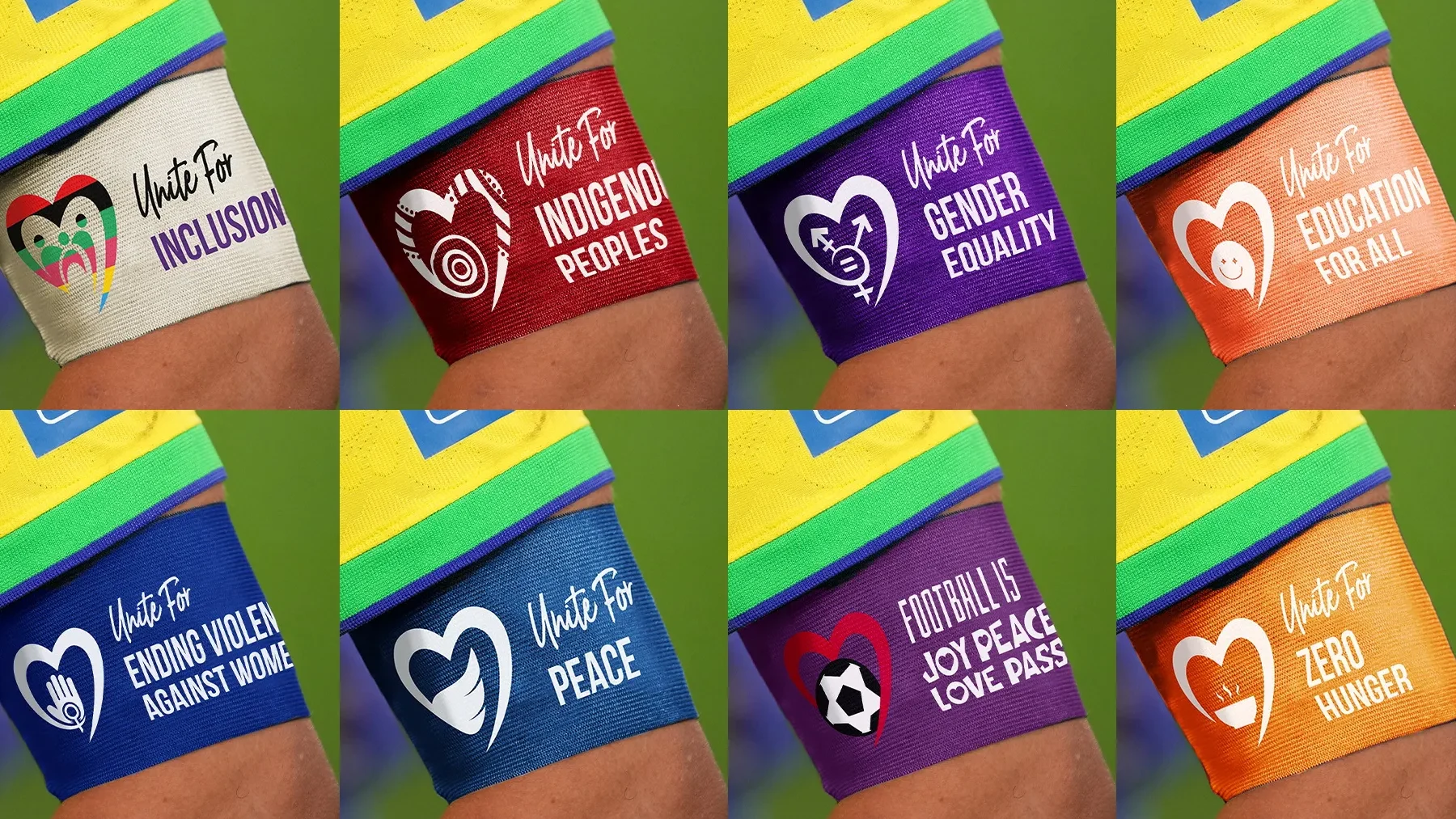
Preparing for the 2026 FIFA Men’s World Cup in North America, the Centre for Sport and Human Rights is working diligently to ensure the event respects human rights across the board. This involves assessing the human rights profiles of cities vying to host matches, taking into account factors like harmful legislation and historical mistreatment of marginalized groups.
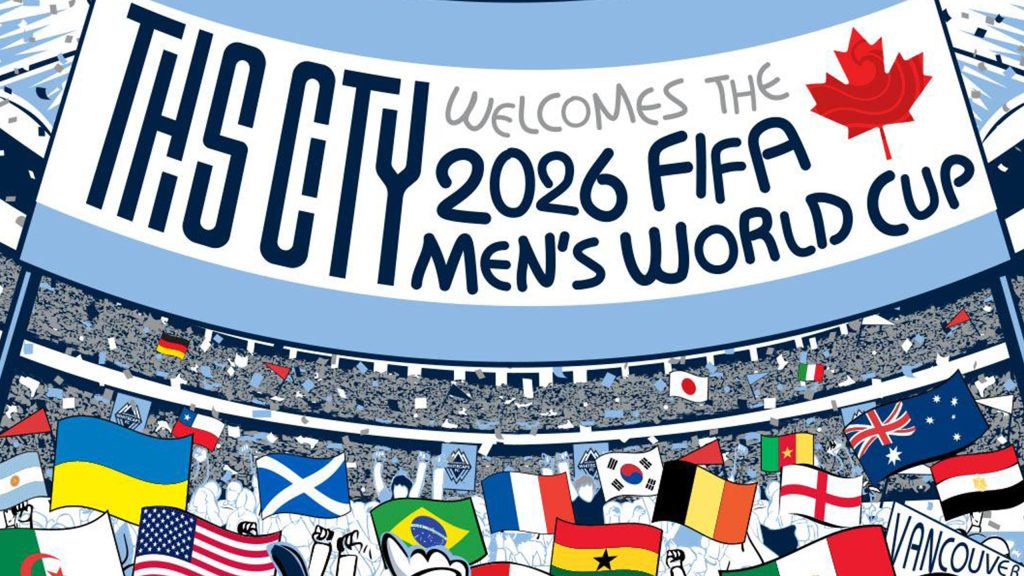
Athletes are uniquely positioned to be catalysts for human rights advancement due to their:
- High visibility and influence: Their achievements and voices hold significant weight in the public eye, giving them the power to shape public opinion and influence social change.
- Moral authority: Their athletic prowess and dedication earn them respect and admiration, making them credible voices on important issues.
- Global reach: Sports transcend borders and cultures, allowing athletes to connect with and inspire people worldwide.
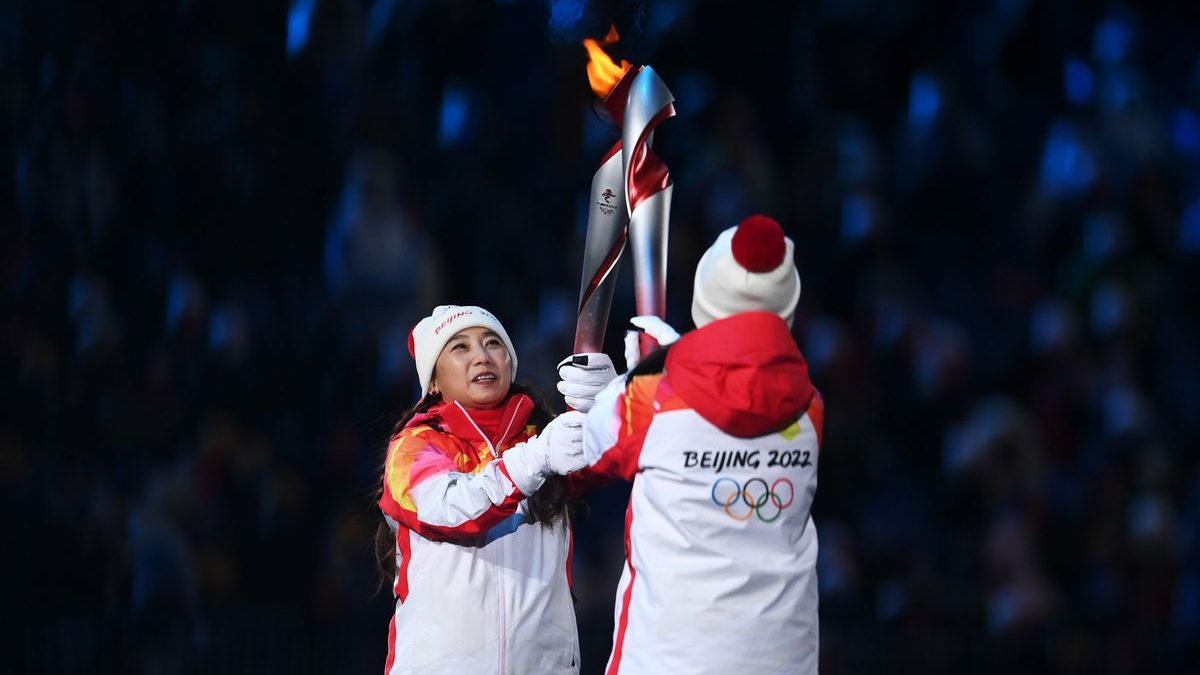
Some of the examples of athlete activism throughout the history:
- John Carlos and Tommie Smith: In 1968, these two American track and field athletes raised their fists in a Black Power salute during their medal ceremony at the Olympics, protesting racial discrimination in the United States.
- Muhammad Ali: The iconic boxer refused to be drafted into the Vietnam War due to his opposition to the conflict, challenging the authority and raising awareness about the anti-war movement.
- Billie Jean King: This legendary tennis player fought for equal prize money for women in tennis, paving the way for greater gender equality in sports.
- Colin Kaepernick: This American football player took a knee during the national anthem to protest police brutality against Black people, sparking a nationwide conversation about racial injustice.
- Megan Rapinoe: The women’s soccer star has been a vocal advocate for LGBTQ+ rights and equal pay for female athletes.
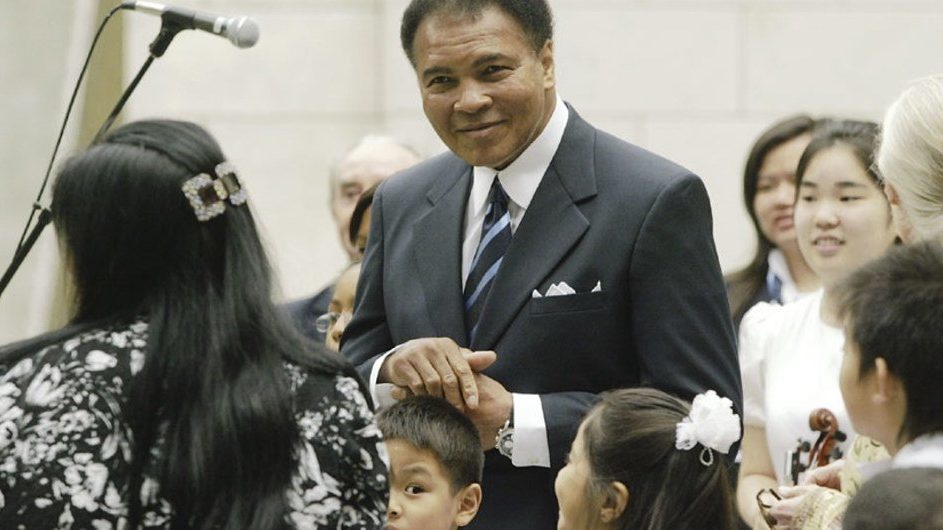
In summary, 2023 marks an important year in the growing integration of sports and human rights, influenced by the 75th anniversary of the UDHR. People can engage by following ‘The 75’ campaign on social media, encouraging sports organizations to adopt best practices, and utilizing available resources, including a forthcoming ‘Sport and Human Rights 101’ course. They can also participate in a consultation for the development of a web series on the relationship between sports and human rights, contributing to the ongoing dialogue about this critical intersection.






GIPHY App Key not set. Please check settings